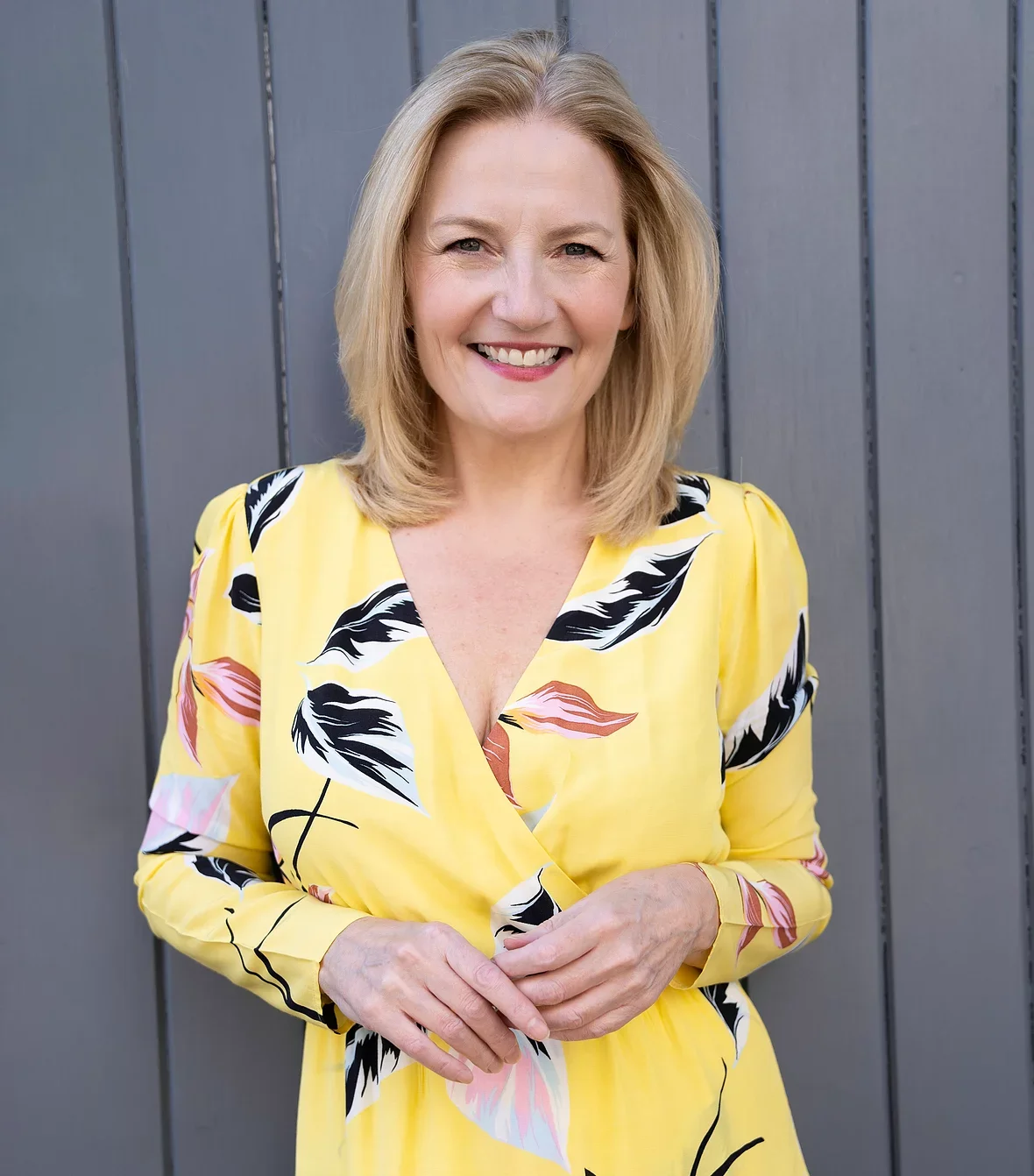
Is Your Mind Busy,
Your Body Tense,
and Your Heart Worn Out?
If so, you’ve come to the right place.
This is a steady, grounded space where all of you gets to be heard.
Your thoughts, your body, and that deeper ache inside that’s been asking for attention.
Hi, I’m Wendy
A COUNSELLOR WITH A SOULFUL AND STRAIGHTFORWARD APPROACH.
YOU NEED SUPPORT. I HAVE THE SKILLS AND EXPERIENCE TO OFFER IT.
If you are feeling stuck, overwhelmed or simply aware that you want your life to feel different, you do not need to navigate it on your own. Change is possible and you are not too late. I am here to help you take the next step.
I know what it is like to sense that something in your life is not sitting right and to realise you cannot keep carrying it alone. Most people arrive at therapy with a mix of hope, fear and exhaustion. I have been there myself. I understand what it takes to reach out and say something needs to change.
That experience, along with years of training and practice, shapes the way I work. I am present, clear and practical. I help you make sense of what feels tangled and support you as you find your way forward.
If this feels like a space you’ve been needing…
Whether you’re ready to begin or just want to ask a few questions, I’m here when you want to take the first small step.
52 Weeks of One Small Thing
FREE DOWNLOAD
One Small Thing
One Small Thing is a weekly moment of calm delivered straight to your inbox. Each message gives you a simple, gentle action you can take that day to support your wellbeing. Nothing heavy. Nothing overwhelming. Just one small thing that helps you feel a little more grounded and a little more you.
Sign up below and you will also receive a beautiful PDF collection of the past fifty two One Small Things as a welcome gift.
It is free, easy, and created with care every week. I would love to have you join me.
